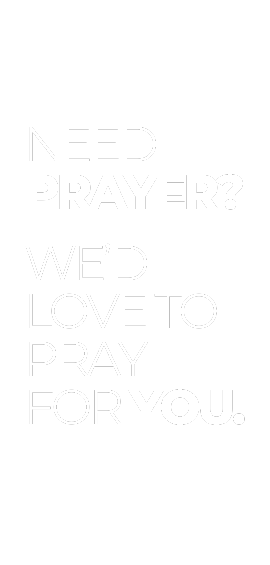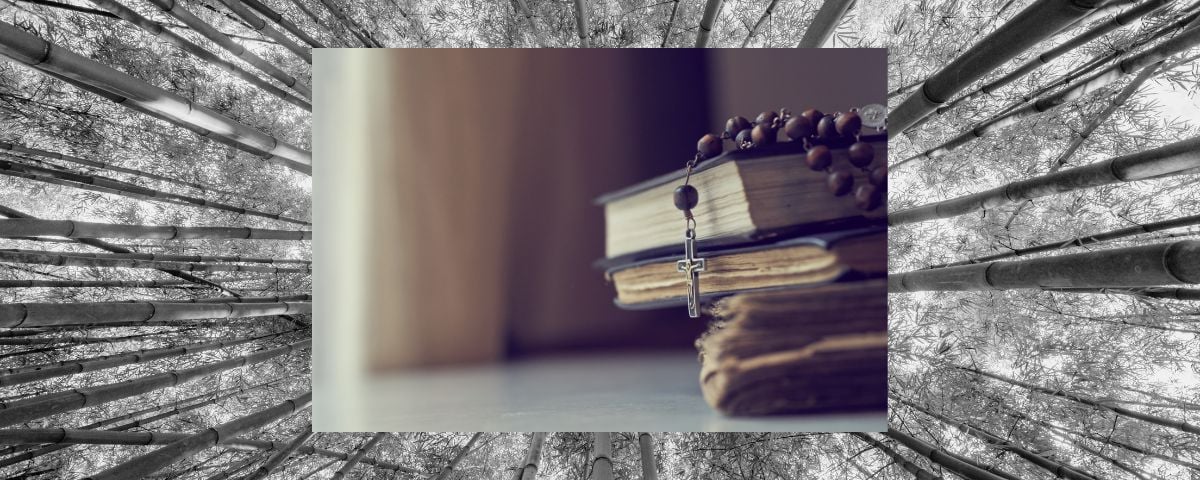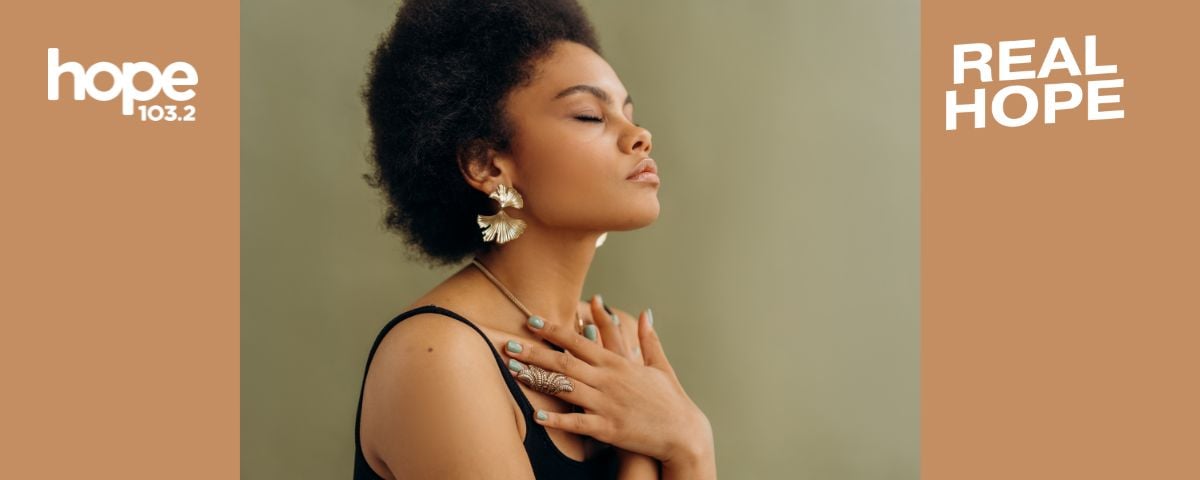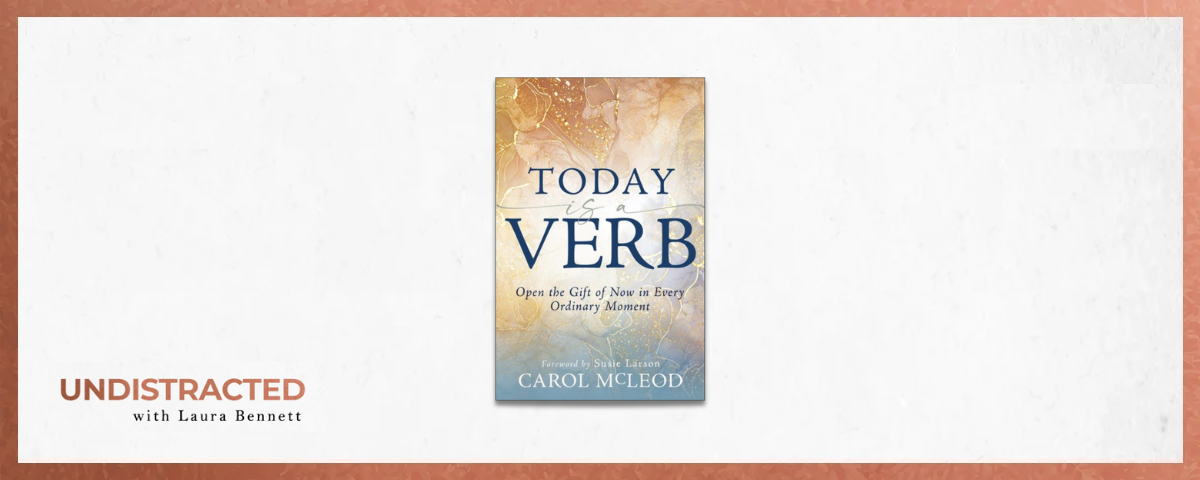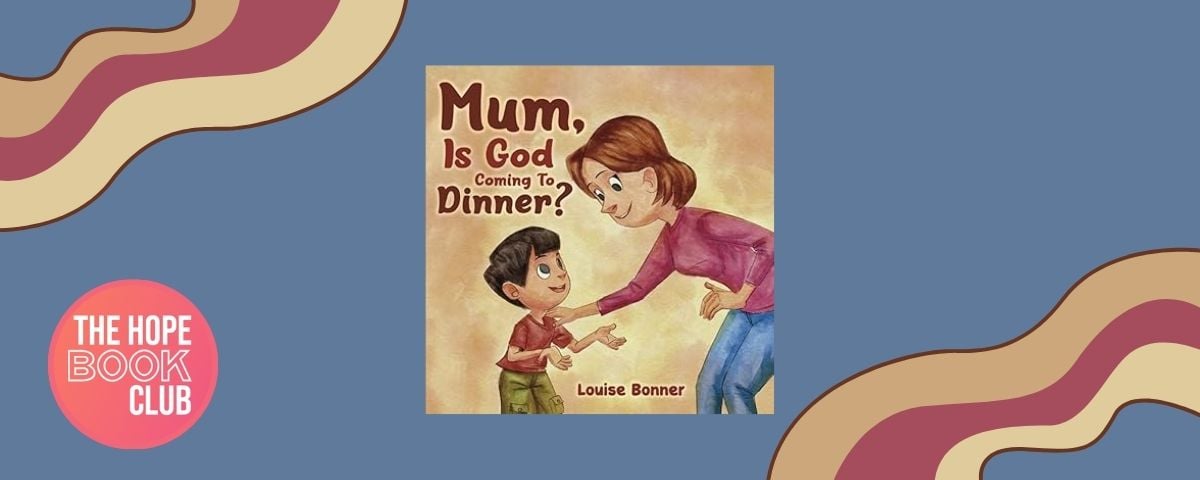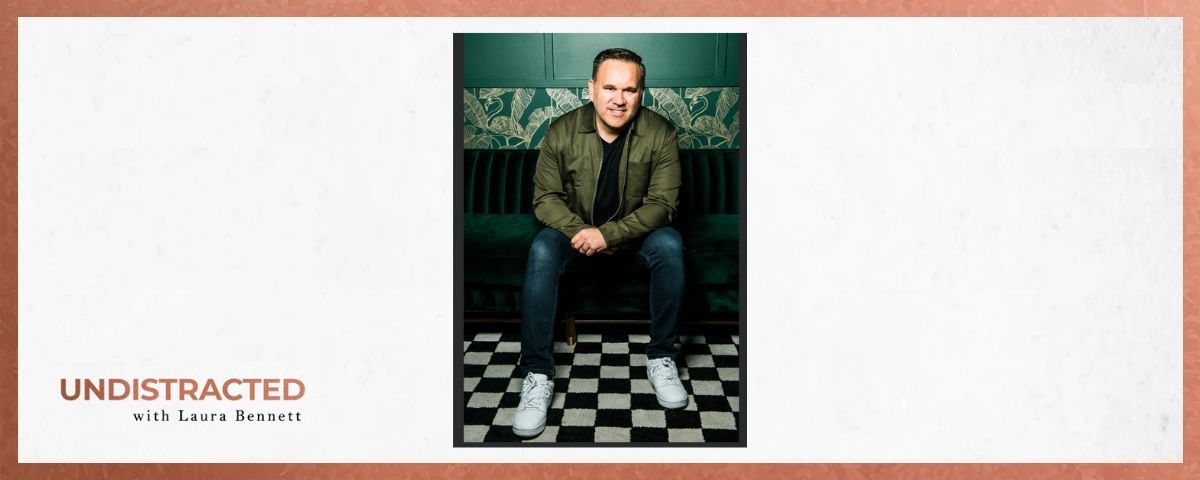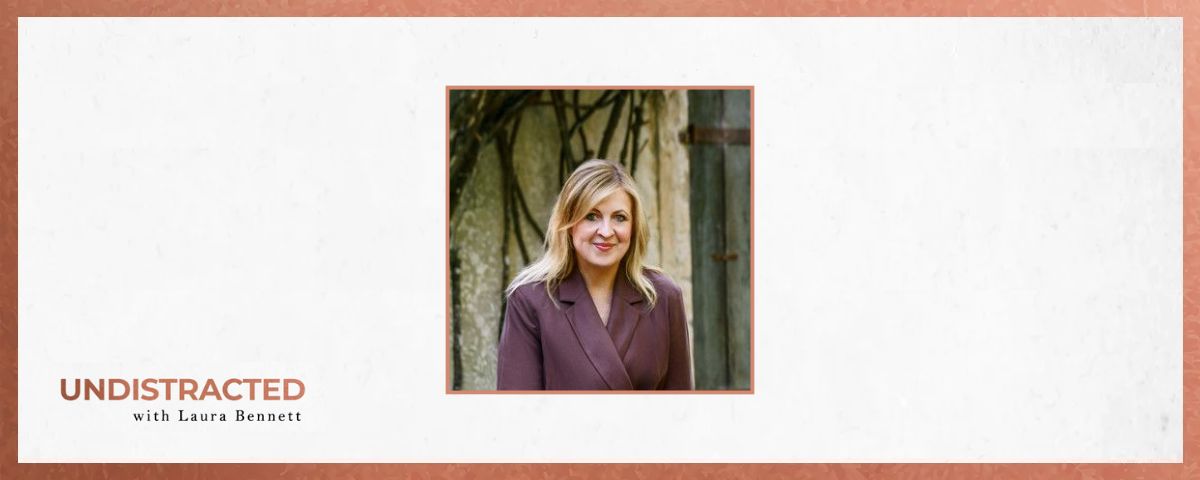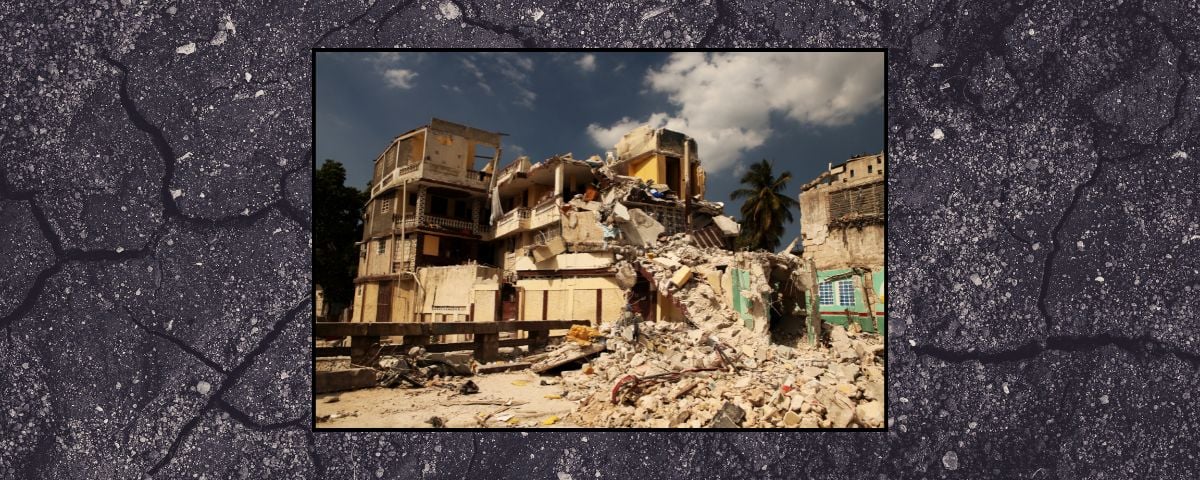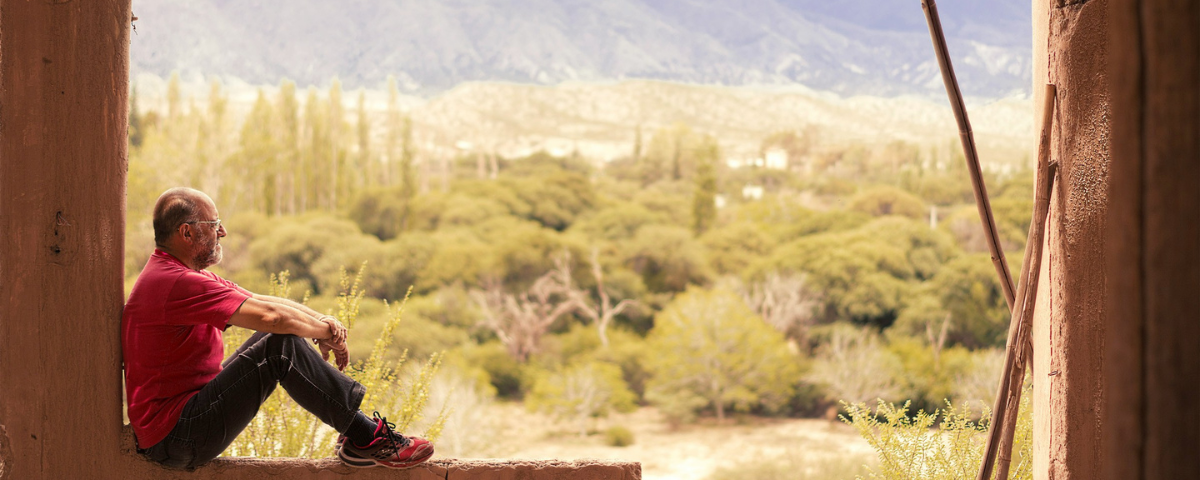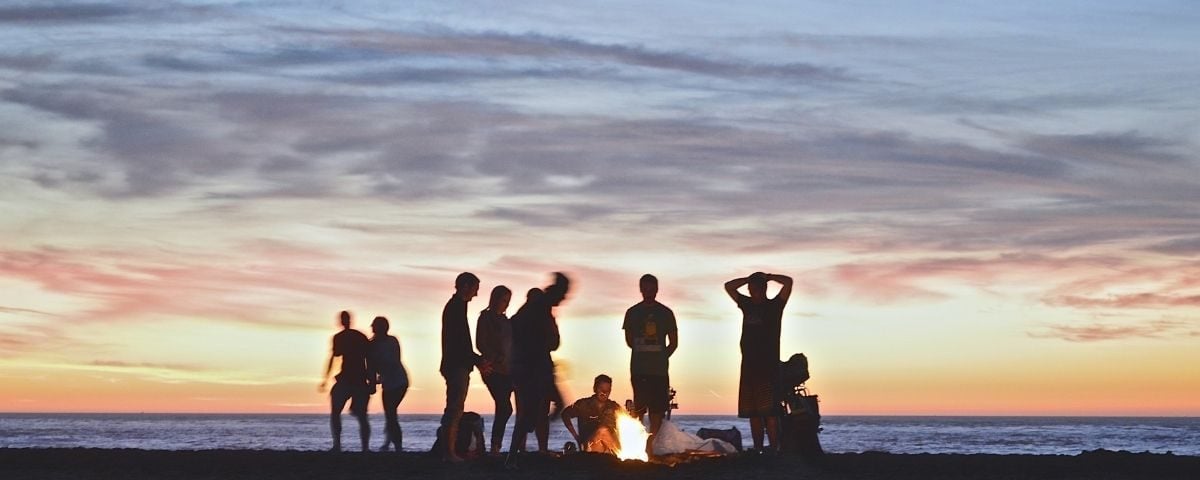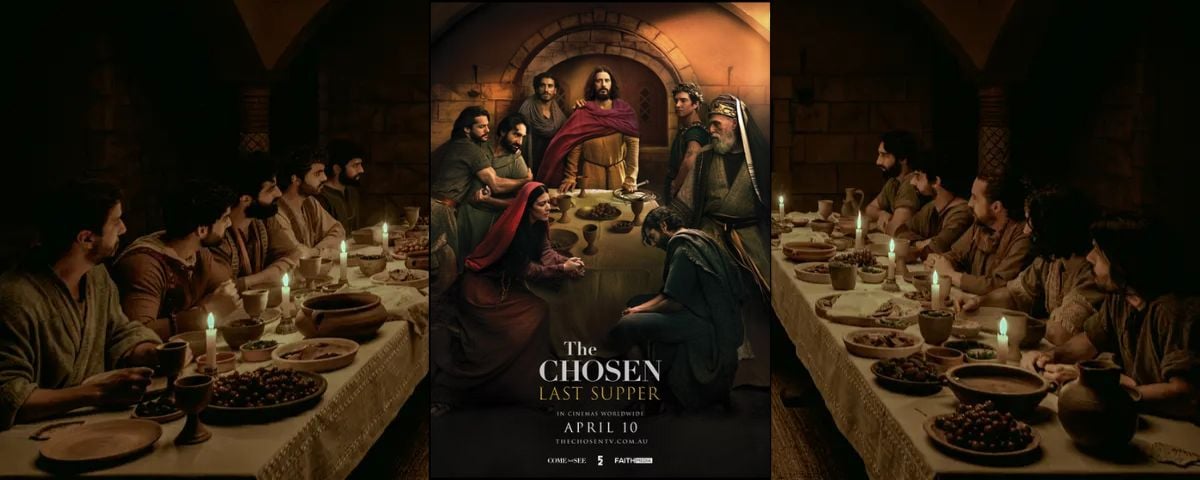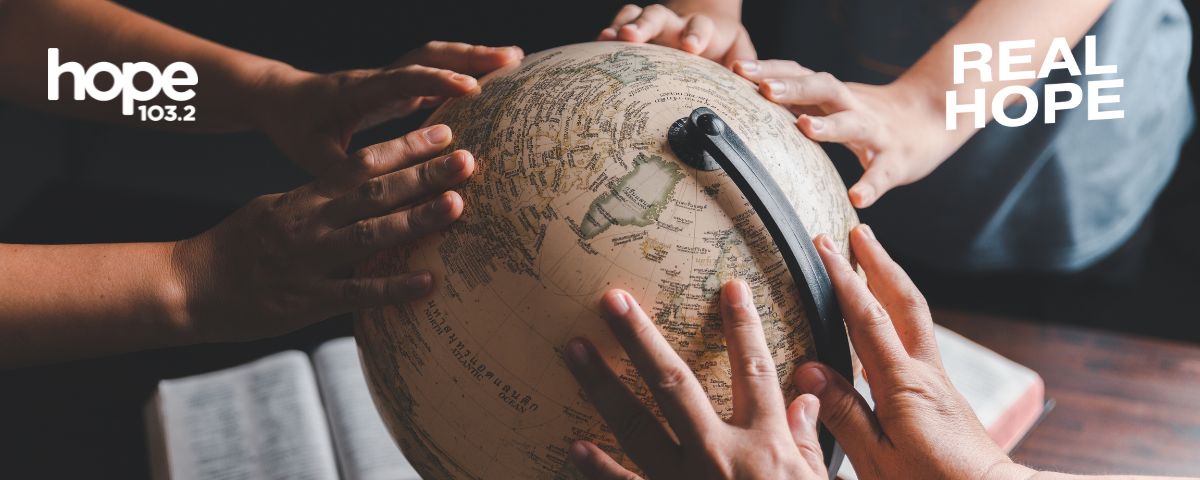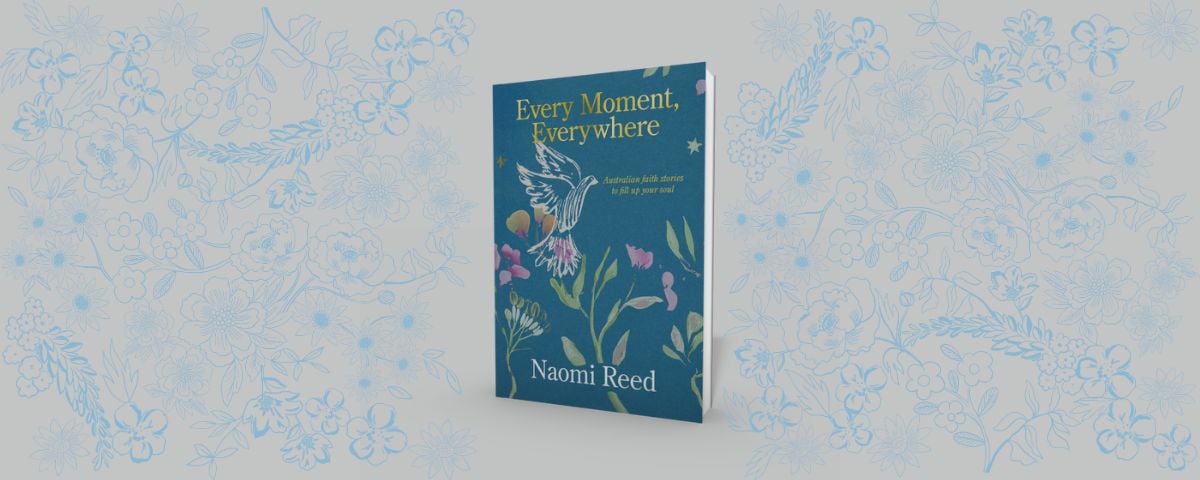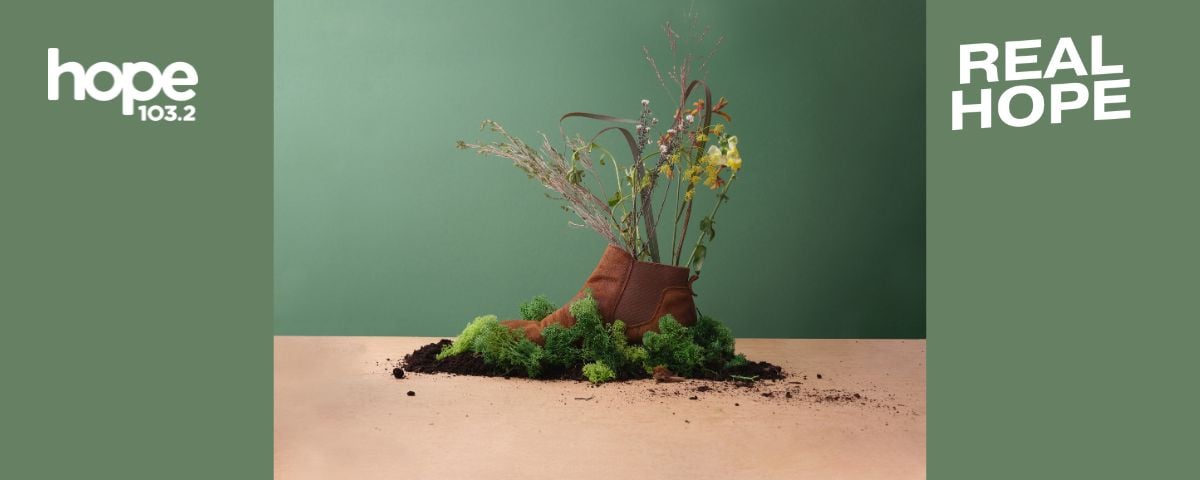Thinking about major events within the Christian calendar, Christmas and Easter are obvious markers, but Australian Catholic University together with a number of churches globally want to introduce a ‘Feast of Creation’ into the liturgical calendar to incorporate the value of creation in our spiritual journey.
Key points:
- The Feast of Creation marks September 1 as the Day of Creation and the beginning of God’s plan for salvation.
- Feast of Creation in Christ aligns with Pope Francis’ World Day of Prayer for the Care of Creation.
- In the last 100 years the Catholic Church has instituted seven new liturgical feast days.
- Listen to the full interview with Jacqui Remond in the player above.
For thousands of years the liturgical calendar has drawn on inspiration from Jewish feasts and the Roman calendar to guide worshippers through the life, death and resurrection of Jesus.
It marks significant seasons like Advent, Pentecost and Easter offering a pathway to consider salvation and the experience of following Christ.
Something missing from the calendar observed in Western tradition is the Feast of Creation, which marks September 1 as the Day of Creation and the beginning of God’s plan for salvation.
The Feast of Creation marks September 1 as the Day of Creation and the beginning of God’s plan for salvation.
Jacqui Remond, ecological theologian at Australian Catholic University (ACU), thinks the feast would allow for deeper contemplation of God’s act of creation and our role in caring for it.
“God’s continuous action of making the world, with you and me in it [is] a core belief of Christian faith,” Jacqui said.
“A Feast of Creation in Christ shines a light on the intrinsic value and worth of each thing.”
Recommendations for a new liturgical Feast of Creation in Christ emerged at an ecumenical conference in Assisi, Italy in March 2024 and are in line with Pope Francis’ institution of the World Day of Prayer for the Care of Creation in 2015.
Feast of Creation in Christ aligns with Pope Francis’ World Day of Prayer for the Care of Creation.
“At the beginning of the Nicene Creed – [which marks its 1700th year of observation this year] – we acknowledge creation in a very particular way,” Jacqui said.
“We say, ‘I believe in one God, the Father, the Almighty, maker of heaven and earth, of all that is visible and invisible’.
“In lifting up this understanding of creation in a feast, we’re also acknowledging that creation is greatly suffering as a result of human action.
“A Feast of Creation is about [honouring] the gift of creation in liturgy to hear both the songs of creation [and] the cries of creation so that we can see it’s much more than just a backdrop in our lives, in our story of salvation.”
In the last 100 years the Catholic Church has instituted seven new liturgical feast days.
Adding a new feast into the liturgical calendar isn’t unprecedented.
In the last 100 years the Catholic Church has instituted seven new liturgical feast days, including Christ the King, the Holy Family, Baptism of the Lord, and St Joseph the Worker – but it does have “a lot of different dimensions”.
“[The proposal] is in motion, but different denominations have different processes for integrating and considering something like this,” Jacqui said.
“Globally there’s churches from across the spectrum of ecumenical Christian churches who’ve met in Italy in 2024 [and] they’re making decisions for themselves essentially, integrating it into their lectionaries and liturgical documents.”
Listen to the full interview with Jacqui Remond in the player above.
Last year Bishops Conferences endorsed a letter that was sent to Pope Francis supporting the feast of Creation, and there’s more to follow.
“It’s pretty exciting to see the uptake that’s taking place,” Jacqui said.
“It’s a really special thing that all our churches get involved.”
Listen to the full interview with Jacqui Remond in the player above.
Feature image: Photos by CanvaPro
Get daily encouragement delivered straight to your inbox
Writers from our Real Hope community offer valuable wisdom and insights based on their own experiences!


